Song of Khartoum (1955)
Genre : Documentary
Runtime : 18M
Director : Gadalla Gubara
Synopsis
Gubara was proud of the first color film in African cinema, which attempts to give an African response to the city symphony genre by capturing disparate images of daily life in Khartoum and setting it to music, particularly romantic Arabic songs.
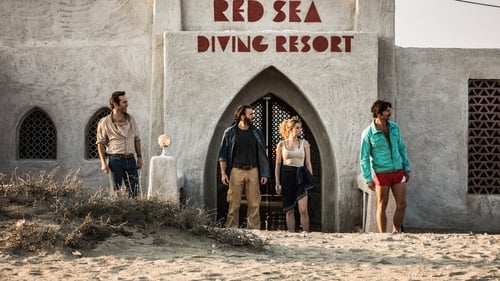
Sudan, East Africa, 1980. A team of Israeli Mossad agents plans to rescue and transfer thousands of Ethiopian Jews to Israel. To do so, and to avoid raising suspicions from the inquisitive and ruthless authorities, they establish as a cover a fake diving resort by the Red Sea.
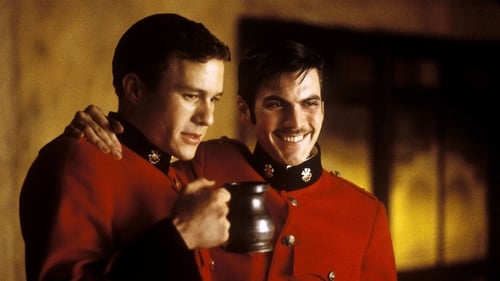
The story, set in 1885, follows a British officer (Heath Ledger) who resigns his post when he learns of his regiment's plan to ship out to the Sudan for the conflict with the Mahdi. His friends and fiancée send him four white feathers which symbolize cowardice. To redeem his honor he disguises himself as an Arab and secretly saves the lives of those who branded him a coward.
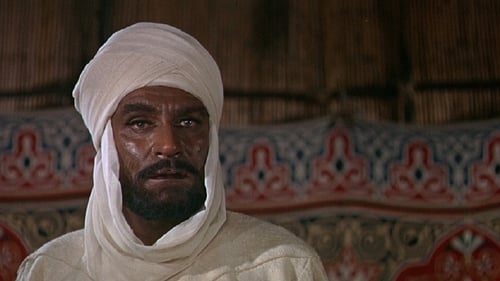
English General Charles George Gordon is appointed military governor of Anglo-Egyptian Sudan by the Prime Minister. Ordered to evacuate Egyptians from the Sudan, Gordon stays on to protect the people of Khartoum, who are under threat of being conquered by a Muslim army.
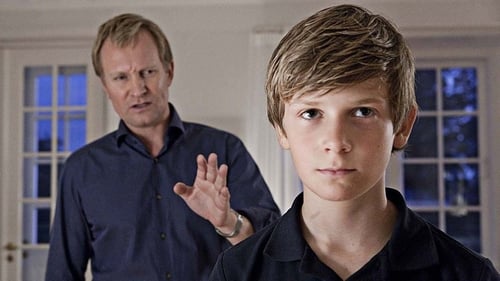
The lives of two Danish families cross each other, and an extraordinary but risky friendship comes into bud. But loneliness, frailty and sorrow lie in wait.
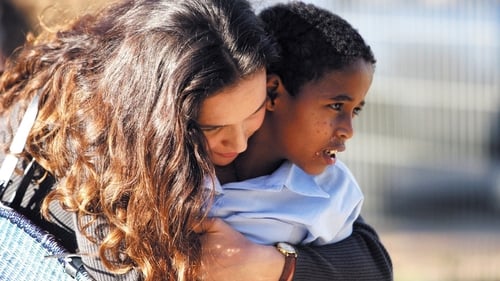
In 1980 the black Falashas in Ethiopia are recognised as genuine Jews and are secretly carried to Israel. The day before the transport the son of a Jewish mother dies. In his place and with his name (Schlomo) she takes a Christian 9-year-old boy.

Belfast, it's a city that is changing, changing because the people are leaving? But one came back, a 10,000 year old woman who claims that she is the city itself.
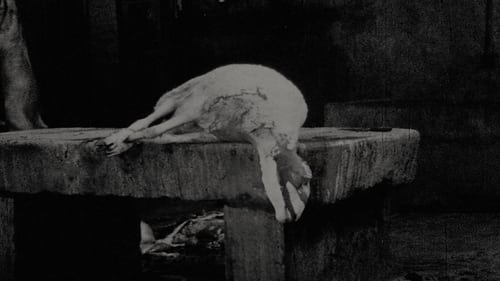
"The Hart of London" is an endlessly layered tour de force. It explores life and death, the sense of place and personal displacement, and the intricate aesthetics of representation. It is a personal and spiritual film, marked inevitably by Chambers’s knowledge that he had leukemia. The late American avant-garde filmmaker Stan Brakhage said of Hart, "If I named the five greatest films [ever made], this has got to be one of them." Even this high praise falls short of hyperbole. The Hart of London is at the centre of Chambers’s extraordinary achievement.
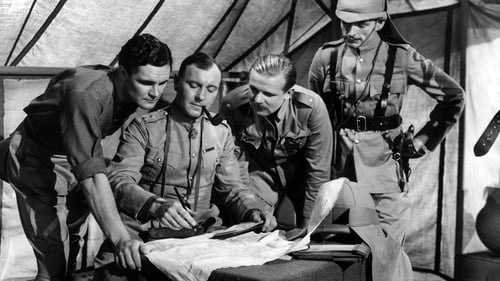
A disgraced officer risks his life to help his childhood friends in battle.

Although perhaps without foresight, Gubara seemingly set out to capture a historic picture of a city that today has completely vanished. He reveals to us the livelier place that Khartoum was before fateful circumstances turned it into a tough, surviving shell of its former self.

This acclaimed documentary follows the story of six people who are determined to end the sufferings in Sudan's war-ravaged Darfur. The six - an American activist, an international prosecutor, a Sudanese rebel, a sheikh, a leader of the World Food Program and an internationally known actor - demonstrate the power of how one individual can create extraordinary changes.
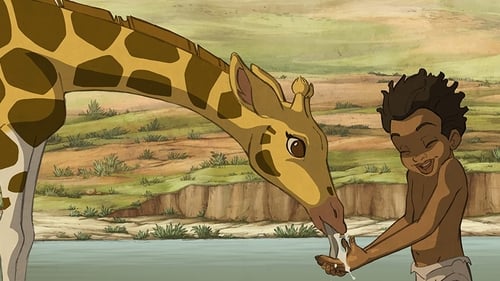
Inspired by the true story of the first giraffe to visit France, Zarafa is a sumptuously animated and stirring adventure, and a throwback to a bygone era of hand-drawn animation and epic storytelling set among sweeping CinemaScope vistas of parched desert, wind-swept mountains and open skies. Under the cover of darkness a small boy, Maki, loosens the shackles that bind him and escapes into the desert night. Pursued by slavers across the moon-lit savannah, Maki meets Zarafa, a baby giraffe – and an orphan, just like him – as well as the nomad Hassan, Prince of the Desert. Hassan takes them to Alexandria for an audience with the Pasha of Egypt, who orders him to deliver the exotic animal as a gift to King Charles of France.

While serving with the African Union, former Marine Capt. Brian Steidle documents the brutal ethnic cleansing occuring in Darfur. Determined that the Western public should know about the atrocities he is witnessing, Steidle contacts New York Times reporter Nicholas Kristof, who publishes some of Steidle's photographic evidence.
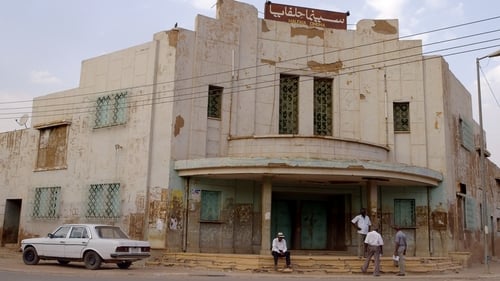
Filmmakers Ibrahim, Suliman, Eltayeb and Manar, close friends for many years, left their motherland in the sixties and seventies to study film abroad and founded the Sudanese Film Group in 1989. After years of distance and exile, they are reunited, hoping to finally make their old dream come true: to bring back cinema to Sudan by reopening the Halfaia Cinema, a dilapidated theater in Khartoum.

A group of exceptional young ladies in Khartoum are determined to play football professionally. They are prepared to defy the ban imposed by Sudan's Islamic Military government and they will not take no for an answer. Their battle to get officially recognized as Sudan's National Woman's team is fearless, courageous and often laughable. But their struggle is unwavering. Through the intimate portrait of these women over a number of years we follow their moments of hope and deception. Despite the National Football Federation getting FIFA funds earmarked for the women's teams, this team continues to be marginalized. However, there is a new spark of hope when the elections within the federation could mean real change of the entire system.

The film is an emotional journey of a common man to an unknown place with the hope to come home and lead a better life. The film revolves around a story of human survival adapted from a newspaper article of a real-life crisis event, when three oil workers from India were kidnapped and taken hostage in Sudan.

A performance artist works tirelessly to fulfill her dream of adopting Sudanese twins, placing her marriage and career at risk in this documentary.
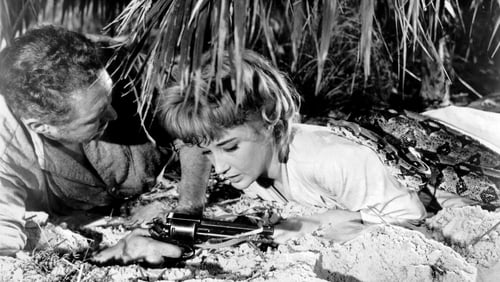
A British soldier escapes from 1880s Khartoum and goes down the Nile river with a fellow soldier, a governess and the daughter of an emir.

The fifth filming of the adventure classic about a British soldier in the 1880s who fights to regain his honor after being given four white feathers, symbols of cowardice.
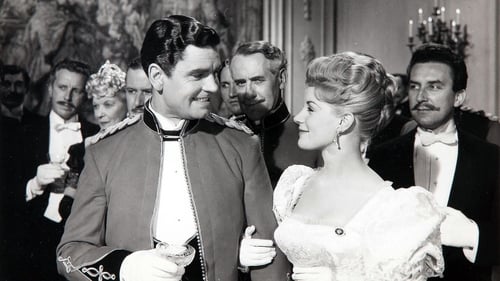
In 1885, while his regiment is sent to the Sudan to battle the rebellious Dervish tribes, British Lieutenant Harry Faversham resigns his officer's commission in order to remain with his fiancée Mary Burroughs in England. His friends and fellow officers John Durrance, Peter Burroughs and Tom Willoughby brand him a coward and present him with the white feathers of cowardice. His fiancée, Mary, adds a fourth feather and breaks off their engagement. However, former Lieutenant Faversham decides to regain his honor by fighting in the Sudan incognito. Re-used a great deal of stock footage from The Four Feathers (1939), including the entire final battle sequence.

The film is set a hundred years back in the eastern part of Sudan in a place of total isolation. Tajouj is the beautiful cousin of a young tribal man who is deeply in love with her. He publicly declares his love for her in a song. The traditions of the tribe denounce such an act and as a consequence his uncle refuses his proposal of marriage. But after the young man departs and declares his repentance, the marriage is finally allowed. In the meantime, however, another man has staked his interest in Tajouj, which drives the young man to jealousy. This sets the stage for a series of transgressions which will result in tragedy and send the young man into exile as a wandering bard of the deserts.














